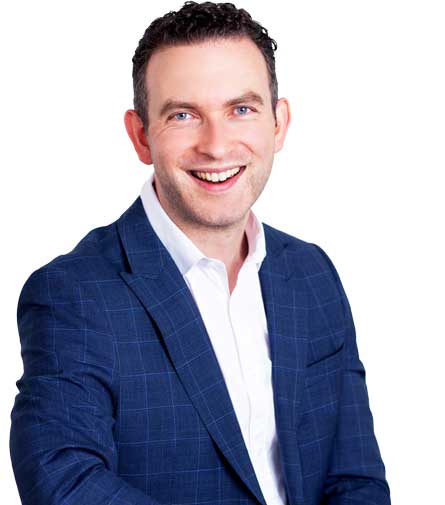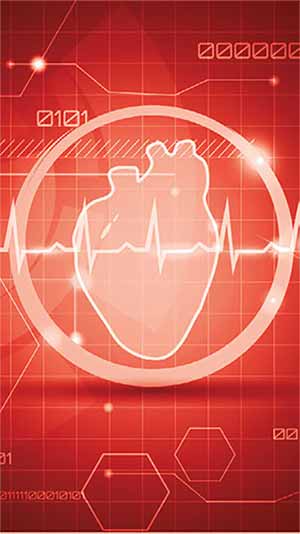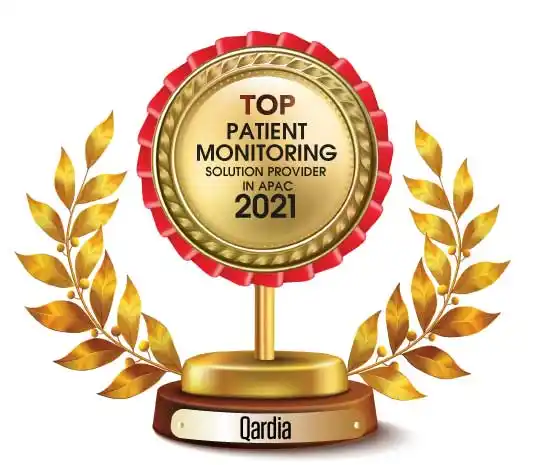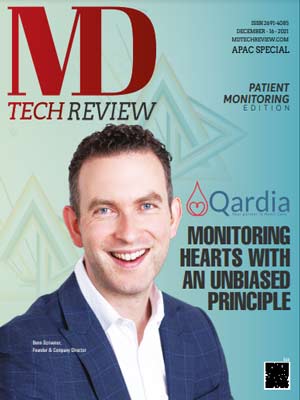 Benn Scrivenor, Founder and Company Director
Benn Scrivenor, Founder and Company DirectorAt the time of implant, most CIED’s come with a small remote monitoring device that patients plug in beside their bed. Remote Patient Monitoring (RPM) was introduced a decade ago by the manufacturers of the CIED’s to keep a closer eye on patients and alert for any clinical changes. Although there have been technological breakthroughs with cardiac devices, significant problems still exist with RPM. These include the deluge of medical data, false positive alerts, and poor communication (to both the patient and Cardiologist). In Australia, most of the remote monitoring isn’t actively performed by the Cardiologist and is currently performed by medical device sales representatives. Adding on to the woes is the present pandemic situation, which has disrupted most physical communication between patients and their Cardiologists. At this juncture, assuring both the patients and their Cardiologists with a reliable RPM service is Qardia.
The company was formed in 2019 by Benn Scrivenor, a lead Cardiac Physiologist with more than ten years commercial and clinical experience in cardiac rhythm management. Qardia was developed to support both patients and Cardiologists with remote monitoring. It aims to provide hassle free remote monitoring support for the Cardiologist, with a focus on patient education, communication, and support. It is one of Australia’s leading third-party RPM services and provides remote alert management 24 hours a day, seven days a week, 365 days a year.
“We started Australia’s first 24*7 remote alert patient management system. We’re a small team aiming to provide unbiased clinical care, and we’re extremely passionate about all forms of cardiac care”, states Benn Scrivenor, the Founder and Director of Qardia.
We started Australia’s first 24 Seven remote alert patient management system. By partnering with Qardia, you aren’t outsourcing your remote monitoring. We become part of your Digital Health care team

Qardia is Victoria’s first Allied Health locum service focusing specifically on Cardiac Physiologists. Cardiac Physiologists provide clinical assistance in the investigation and treatment of Cardiovascular disease. “We operate the technology and medical equipment to assist doctors during a procedure and ensure everything’s done as safely and efficiently as possible”, states Benn. Qardia prioritizes patient connection and education and keeps them informed by striking a delicate balance between providing too much and too little information. To ensure they don’t lose sight of their principles, Qardia is pursuing organic growth and ensuring they scale at a steady pace. “We’ll strive to collaborate with local tech start-ups to develop a web portal and mobile app to improve our core services, and allow further efficiencies for all parties”, states Benn. Moving forward, Qardia looks to expands it footprint globally, mainly in New Zealand and Asia Pacific region.
Company
Qardia
Headquarters
Melbourne, Australia
Management
Benn Scrivenor, Founder and Company Director
Description
Qardia works to provide relevant data of a CIED and the heart to the concerned physician. It is Australia's first third-party RPM service provider for patients with implantable cardiac devices regardless of the manufacturer, monitoring all patients 24 hours a day, seven days a week, 365 days a year.





